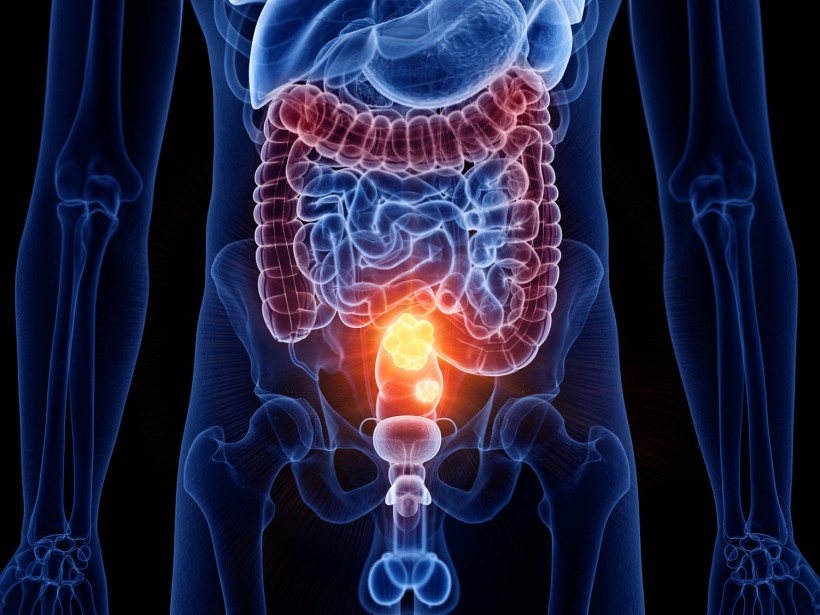Cancer can be a scary topic for many people. And this is totally fair, as according to numerous research reports, cancer is the second largest cause for death-only behind heart attacks.
Thankfully, medical research and professionals are making monumental breakthroughs with cancer and finding ways to raise the odds in people who are diagnosed have a higher chance to actually beat it!
One of the best ways to increase the odds of defeating cancer is by being able to detect it early. The more advanced in the stages the cancer is, the harder it will be for any treatments to be successful-no matter how good the doctors are.
This is why it is important to really understand the early signs of cancer and be able to detect the symptoms as early as possible.
To help ensure that you have every chance possible of not falling victim to this horrible disease, here is our guide on how to detect the early signs of cancer.
1. Minimize the risks that you can control
Firstly, cancer has a large range of symptoms-but a few controllable risk factors that can aide to a range of cancers developing. One of the best ways to control your risks and prevent any early signs is to avoid any unhealthy temptations. This means that if possible, you should try to avoid smoking, limit alcoholic drinks, get lots of exercise, go outside in the sunlight and avoid unhealthy diets.
2. Get tested if you get a consistent painful cough
A relentless cough is normally a sign that there is something wrong with your body. While normal to have a cough every now and then, it should not be constantly nagging you. If you have a cough that won't go away, make sure to get tested as soon as you can.
3. Get tested if your bowels have changed
Some color cancer early signs include a change in your bowel routine and abnormal pain during the process. While normally common in older men, if you experience this symptom at any age, you should definitely get tested. It is not normal to experience this and is a sign that something is definitely wrong.
4. Get tested if you are suffering from anemia
If you are feeling weak and low on energy, you might be suffering from anemia. This is a result of your body not having enough red blood cells. It can be caused by something simple like not having enough iron in your diet or it can be caused by something a bit more complex like cancer. Either way, go get it checked out!
5. Get tested if you have any weird lumps
If you notice a peculiar lump-especially near your breast or armpit-you should not delay in getting it tested. These lumps might be an early sign of breast cancer, which you certainly do not want to risk it progressing into further stages.
6. Get tested if your urine has changed
If you notice your urine has become more painful, bleeding, or has a weird odor, definitely go get tested. This could be a sign that there is something wrong with your body and a possible sign of prostate or bladder cancer.
7. Get tested if you have a family history
Even if you are not experiencing symptoms yourself, you should be getting regularly tested if your family has a history of cancer. There is a higher likelihood that you too will be susceptible to it, so a great way to detect anything early is just by getting regularly tested-even if you don't have any obvious symptoms.
While this isn't a foolproof guide, we hope that these seven tips of early detection help you. Getting tested is one of the best ways to prevent cancer from getting worse.
© 2024 NatureWorldNews.com All rights reserved. Do not reproduce without permission.




![Climate Change is Reducing Dust Levels Worldwide as Arctic Temperature Warms [Study]](https://1471793142.rsc.cdn77.org/data/thumbs/full/70320/280/157/50/40/climate-change-is-reducing-dust-levels-worldwide-as-arctic-temperature-warms-study.jpg)

